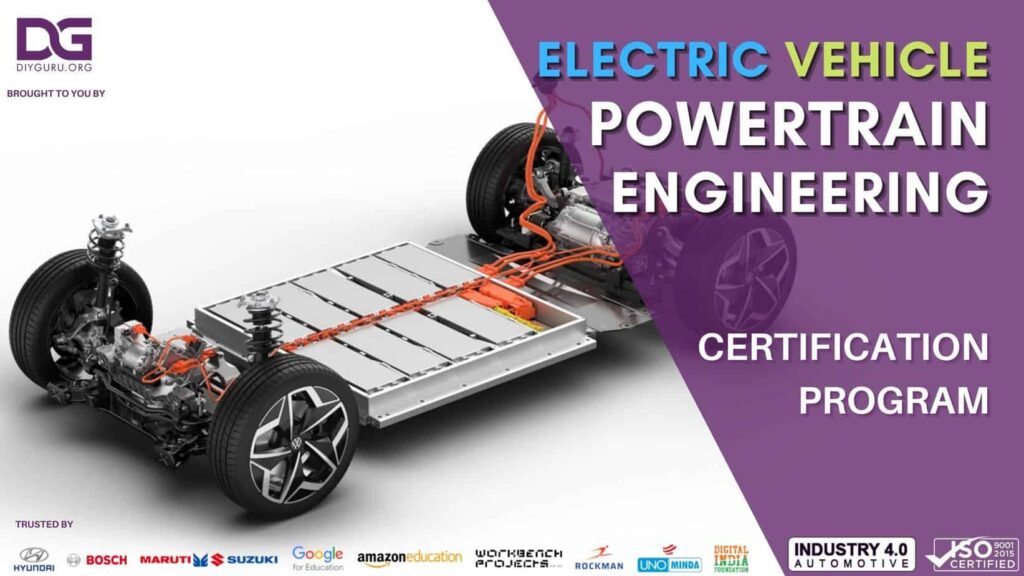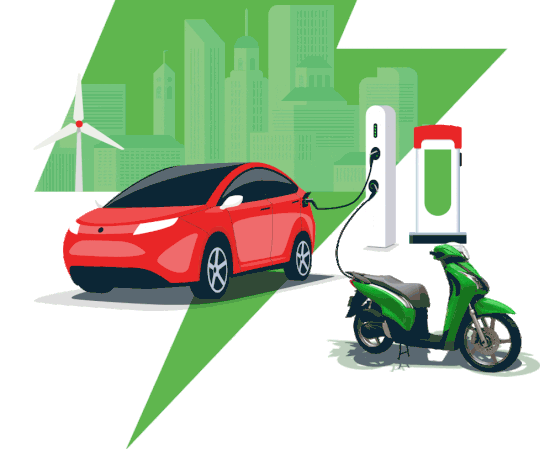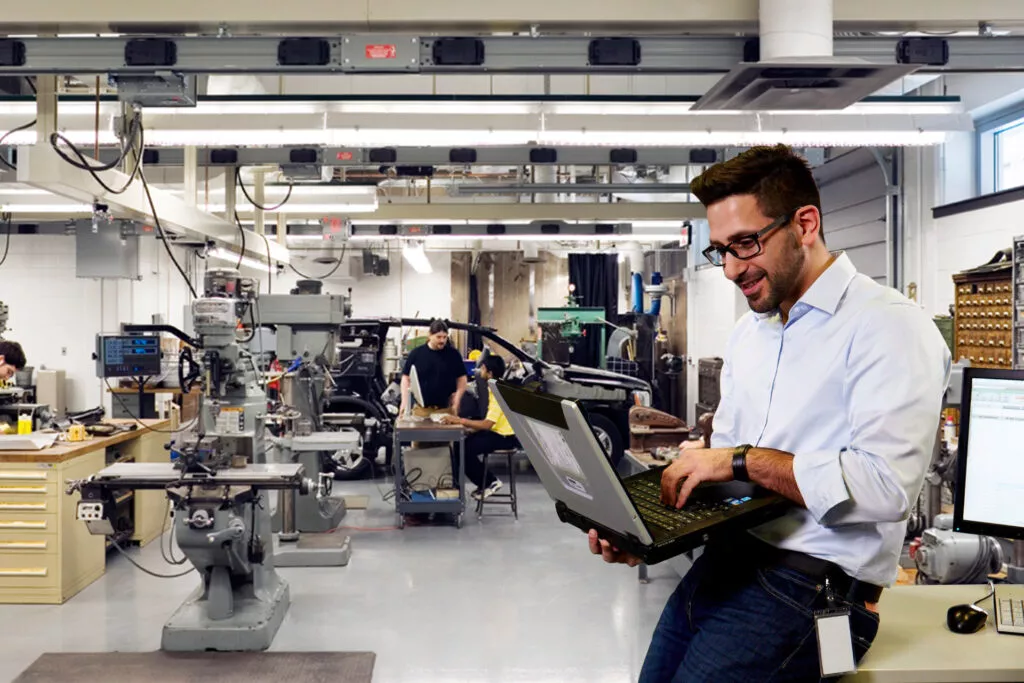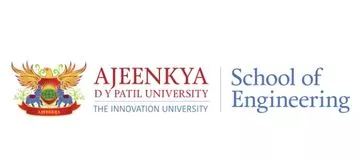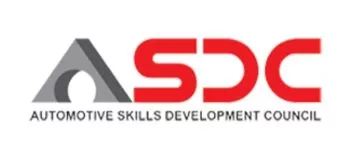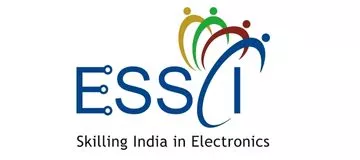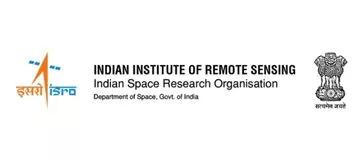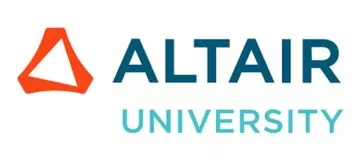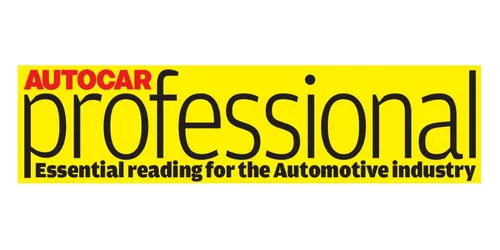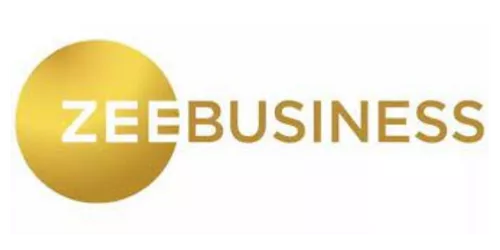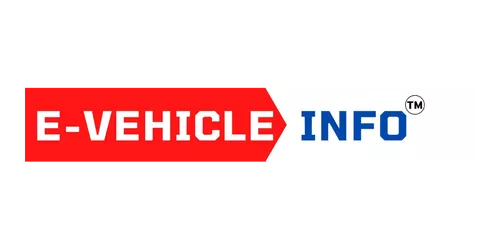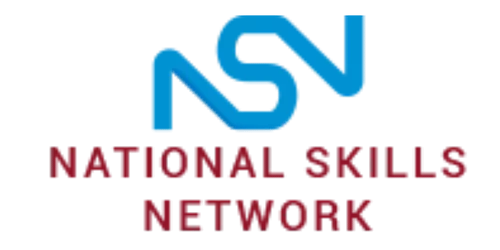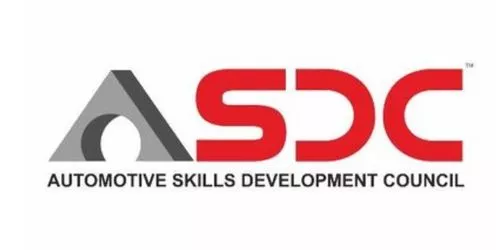Electric Vehicle Powertrain Engineering (Advanced) Course
With One Month Internship Project


About the Electric Vehicle Powertrain Engineering (Advanced)
- This course will allow you to acquire elements from engineering science, sociology, environmental science, political science, economics, management science, in order to evaluate, analyse and implement the diffusion of electric vehicles where their use is relevant.
- Responding to the training and development needs of industry 4.0 in automotive, DIYguru has launched the Programme in E-Vehicle Technology. This certificate course aims to provide the fundamentals of working of the storage devices from electric vehicle introduction to levels of hybridization (HEVs), BMS (Battery management system), CAN controller, Retrofitting, Component selection (Motor & Motor controller, Battery and converter), Charging system.
- This automobile course has been meticulously designed to enable participants build the required skill set, capabilities and knowledge in the e-mobility domain. The course is for engineers and professionals willing to work in this industry in varying capacities of research, sales, quality control and production.
- This course will give you the understanding of Electric vehicle simulation on MATLAB/ SIMULINK software and ANSYS tool which can further enhance the credibility to understand the software skills and testing and validation of the prototype.
- This course also enabled the advanced modeling of Powertrain Component modeling on the SOLIDWORK tool for 2D and 3D design.
DIY Project
Every DIYguru course comes with a Do It Yourself project which you can do and learn by doing at your comfort. Our goal is to make sure you are able to implement your learning in real-world scenerio.
Internship
Every candidate after successful completion of the project submit a pitch presentation video, explaining his/her project-oriented achievements and results, which enables them to do one month of internship with us.
Certification
We are the only platform in india approved by National Education Alliance for Technology - NEAT, AICTE, Ministry of Education, Govt. of India along with Automotive Skills Development Council.
Understand the EV architecture
Aquire deep knowledge in EV System architecture with thorough understanding of components in Electric Vehicles.
Benefits of learning from DIYguru
Proactive Program Support
Dedicated Program Manager to solve your queriesDual Certificate from Govt. of India
Avail certification from ASDC & AICTE, Ministry of Education, Govt. of IndiaLearn anytime anywhere
Learn through online videos by world class faculties.
DIYguru alumni are working at various roles in
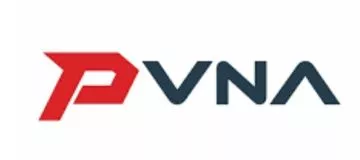
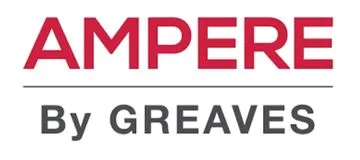


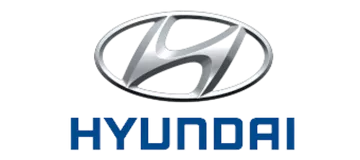


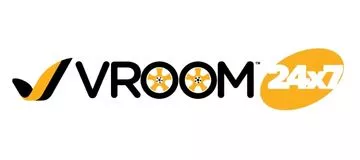

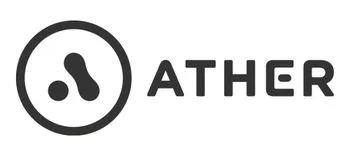
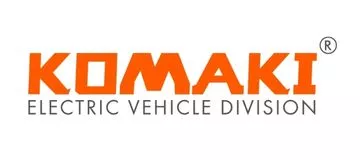

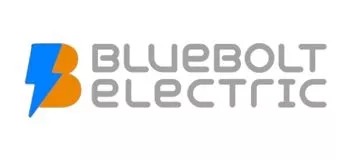
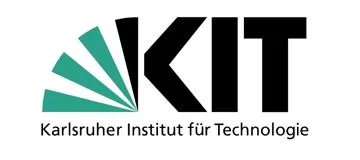
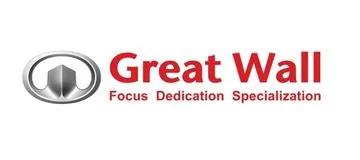

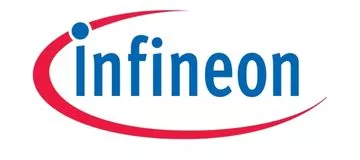
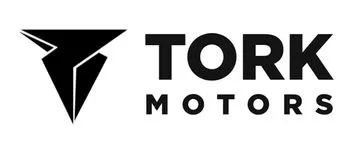

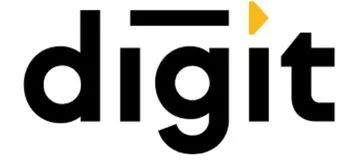

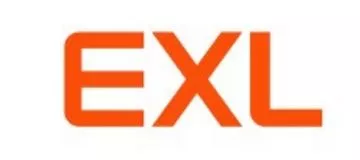


Who is this program for?
Fresh graduates (BE/ B.TECH/ME/M.TECH) who aspire to work in the sunrise sector of E-vehicles, powertrain components , architectures, and simulation etc. to get a comprehensive overview of the technology space.
- Working professionals in R&D
– At entry level to get a thorough understanding of the fundamental principles behind the working of Powertrain engineering and simulation, thereby understanding the new possibilities and research directionsthe
– At Mid and Senior levels to refresh the underpinning principles behind the Powertrain design and modelling and relate it to future trends in the technology.
- Working professionals at all levels in
– Quality Control to get exposure to the relation between the quality specifications and working of the devices at the fundamental level.
– Production, Sales & Support to understand the terminologies related to rating, sizing, and specifications of powertrain design and simulation such as Electrical, mechanical, and thermal design parameters.
– Management and Decision-Making roles to familiarize with the jargon related to E-Vehicle technology and battery packs and get a comprehensive view of the possibilities and limitations of powertrain design and simulation.
Specialized roles one can apply for after doing this course
This programme is tailored to help you improve your engineering skills as a student, recent graduate, or working professional with following expertise.
- Powertrain Engineer
- Machine Maintainence Engineer – Powertrain Systems
- Quality Engineer – Powertrain Systems
- Engineer/SE/Assistant/Deputy Manager : ENGINE POWERTRAIN TESTING and CALIBRATION (Vehicle)
- POWERTRAIN CALIBRATION ENGINEER
- Electrical Powertrain Software Integration Engineer
- Supplier Quality Assurance Engineer – Powertrain Systems
- Production Engineer (M) – Powertrain Systems
- Shift In-charge Engineer FFP – Powertrain Systems
- Calibration Engineer – Powertrain Electrification EHB COB
- Electric Powertrain Lead Engineer
- Powertrain Control Engineer
Industry overview
- Automobiles industry
- Electric vehicle industry
- MBD Simulation industry
- Battery Sales and Marketing industry
- Li-ion battery manufacturer
- HEV industry
Languages & Tools Covered
- MATLAB/SIMULINK/SIMSCAPE/ SOLIDWORKS/ ANSYS
Major Highlights – Syllabus
- Architecture
- Electrical Design
- Mechanical Design
- Heat Transfer
- Thermal Design
- Battery pack and BMS
- MATLAB/ SIMULINK BASED powertrain modelling
About Syllabus
Introduction to EV Powertrain
Overview, Architecture and components of EV powertrain
Power Converters and Conditioning
Motors and Motor Controllers
Battery and Battery Management systems
Thermal Management of EV Powertrain
EV charging systems and Types of chargers
Introduction to Simulink
Modeling and Simulation of EV Powertrain components in MATLAB
Modeling and Analysis of EV powertrain components in Solid works and Ansys
Case study on Powertrain of existing models
Detailed Curriculum
- Why adoption of Electric vehicle
- Electric powertrain
- Quizzes
- Module Test
- Assignment
- Pure electric vehicle Series hybrid electric vehicle Parallel hybrid electric vehicle Series and Parallel hybrid electric vehicle
- Quizzes
- Fuel cell electric vehicle
- Plugin Hybrid vehicle
- Quizzes
- Module Test
- Assignment
- “Converter
Dc -Dc Chopper
Dc-Ac Inverter “ - Quizzes
- Gear Box
- Cvt
- Quizzes
- “Power Conditioning and Filtering
- How Filtering is Done?
- Capacitive Filtering
- Inductive Filtering
- Diode Filtering
- Noise Characterization”
- Quizzes
- Module Test
- Assignment
- Introduction to Motor Controls
- Motor Control Circuitry
- Quizzes
- Control Sequence of BLDC Part: 1
- Control Sequence of BLDC Part: 2
- Hall Sensor Feedback v/s BEMF Feedback
- Quizzes
- Module Test
- Assignment
- Types of battery and selection of battery
- Li-Ion Battery
- Calculation for Battery (Motor Selection, Voltage, WLTP, Capacity &Configuration
- Data acquisition, Battery monitoring unit and battery control unit
- Quizzes
- Battery pack integration and BMS
- BMS Functionality and Can protocol
- Cell Balancing and Safety parameters for BMS
- Battery pack validation as per ARAI
- Quizzes
- Module Test
- Assignment
- Introduction to Thermal Management
- Components of Cooling System
- Cooling System Maintenance and Repair
- Understand heat load
- Quizzes
- Motor Heat Load Simulation
- Controller Heat Load Simulation
- Radiator Specification, Radiator Calculation, Twin Radiators
- Design Flow, Errors and Failures in Cooling Systems
- Quizzes
- Importance of Cooling System
- Busbars Modelling and Simulation
- Cell tabs Modelling and Simulation
- Battery Pack Modelling and Simulation
- Quizzes
- Module Test
- Assignment
- What is charging stations
- Types of charging stations
- Types of charging ports
- Quizzes
- Ev charging protocols
- Rules and regulations for charging stations
- Quizzes
- Module Test
- Assignment
- How to Build and Simulate a Simple Simulink Model
- How to Add a Controller and Plant to the Simulink Model
- How to View Simulation Results
- How to Tune a PID Controller
- Quizzes
- How to Compare and Save Simulation Data
- How to Manage Your Simulink Model
- How to Add Components to Your Simulink Model
- How to Model Continuous and Discrete Systems in One Model
- How to Use Templates and Examples
- Quizzes
- Module Test
- Assignment
- Cell Modelling and Simulation
- BMS Modelling and Simulation
- Quizzes
- Powertrain Modelling and Simulation
- Electric Vehicle Modelling and Simulation
- Quizzes
- Module Test
- Assignment
- Modelling of Motor Shaft and Analysis of Motor Shaft
- Modelling of Left Motor and Right Motor mounting
- Analysis of Motor Mounting
- Quizzes
- Modelling and Analysis of Bearing Adaptor
- Modelling and Optimization of Driven Sprocket
- Analysis of Driving Sprocket and driven sprocket
- Quizzes
- Modelling and analysis of Left Eccentric
- Modelling and analysis of Right Eccentric
- Modelling and analysis of Tripod Housing
- Quizzes
- Module Test
- Assignment
- Tata Nexon or
- Tesla or
- Nissan Leaf
- Module Test
- Assignment
Program Highlights
Self Paced Online Course
Learn from Industry Experts
Guided projects
24/7 Lifetime Support
+ Internship Projects included with this course
Modeling and Simulation of EV Powertrain components in MATLAB
Modeling and Analysis of EV powertrain components in Solid works and Ansys
Download the full list of project and choose your desired project, we will help you assign a mentor to complete.
Download the project list of project eligible in this course
Interested in doing live project?
DIYguru welcomes you to be a part of 1 month live project with a personalised technical mentor support.
Get the full curriculum
Download the full curriculum with topics and units explanation attached with the set of DIY Projects in this course.
Download Course CurriculumDownload Syllabus
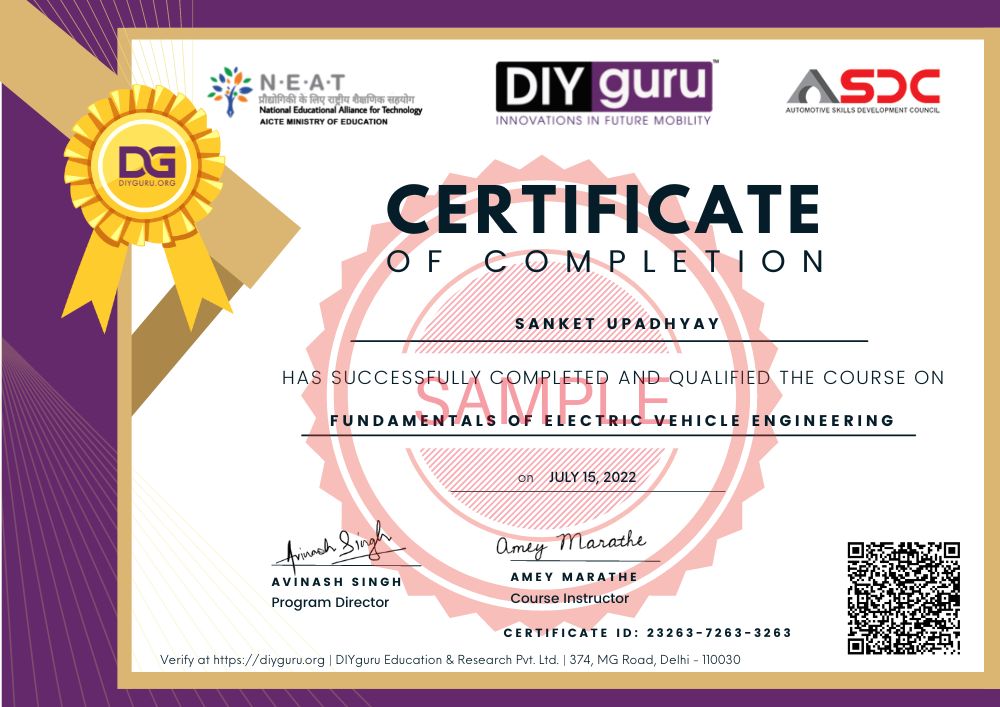
Sample certificate
Electric Vehicle Global Verified Certificate
Certified by ASDC, Automotive Skills Development Council & NEAT, AICTE, All India Council for Technical Education, Govt. of India
Learner Stories
Hear #PowerAhead stories of career growth from our learners
“DIYguru has helped us a lot in improvising the concepts of electric vehicle design & engineering for our experienced and fresh employees. The trainers are of high quality and knowledgeable in terms of delivering the contents and making things understandable. We look forward to having a continuous relationship.”
| R Shashi Kumar, Head HR – Robert Bosch Engineering
Learners love DIYguru
Here’s what some of our 40,000+ satisfied learners have to say about studying with DIYguru Team.

"Very informative course, high quality in terms of quizzes and assignments, liked the project at the end of the course. Oh, and great support. Can recommend this one to my friends and colleaugues. Being the very first player in EV industry, DIYguru has been crucial to the EV ecosystem development in india"

"I have known DIYguru since 2013 when the first version Autosports india was launched and in last 6-8 years the platform has emerged as the leading maker's learning platform in india. Form me the team behind DIYguru has been the best support all through the journey after Bachelors till my master's"
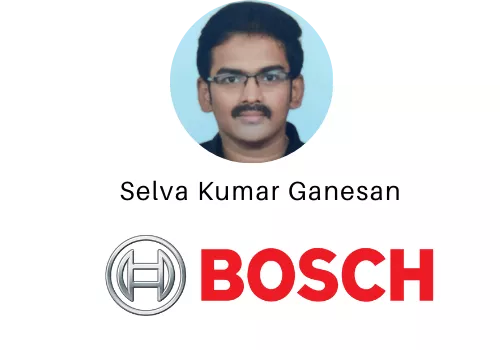
"Some of the best customer service I've ever seen. Great platform for mechanical and electrical engineers to learn EV!"

"This is truly a 5 star experience for youngsters in india! keen to learn about EV Technology"
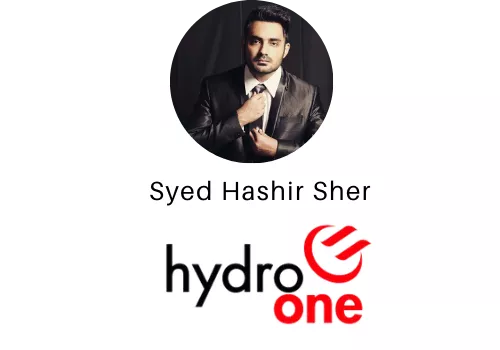
"The platform has helped me personally to build my career in renewable energy in Canada. Hope to see DIYguru in Canada soon. Five stars!"

"liked the course with wide range of calculations in EV, all tutors are very supportive."

"Automotive design with incredible knowledgebase in terms of support from Baja Tutor community of DIYguru is wonderful experience. Documentation on the web is also good. "
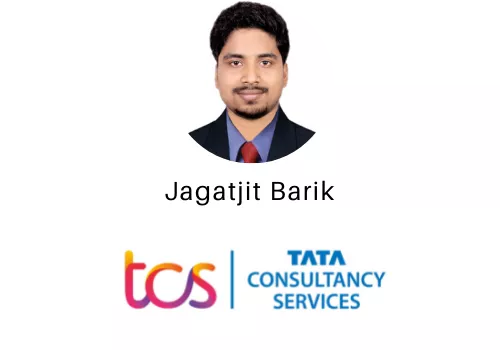
"Amazing content and great support from DIYguru community"
Recent Placements
Avg. Salary Package > 3.5L
66% Alumni Career Transitions
73+ Hiring Partners
50% Average Salary Hike
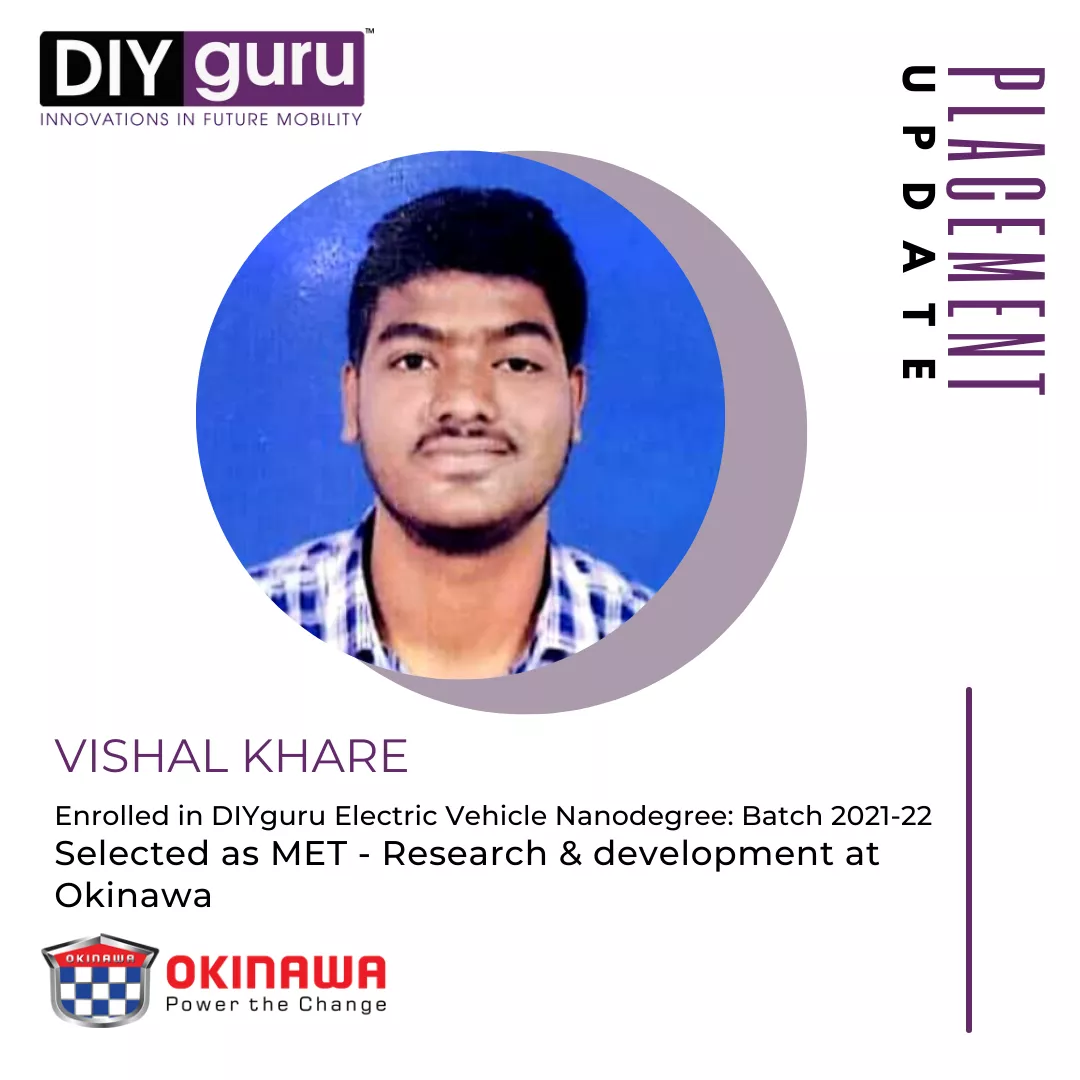


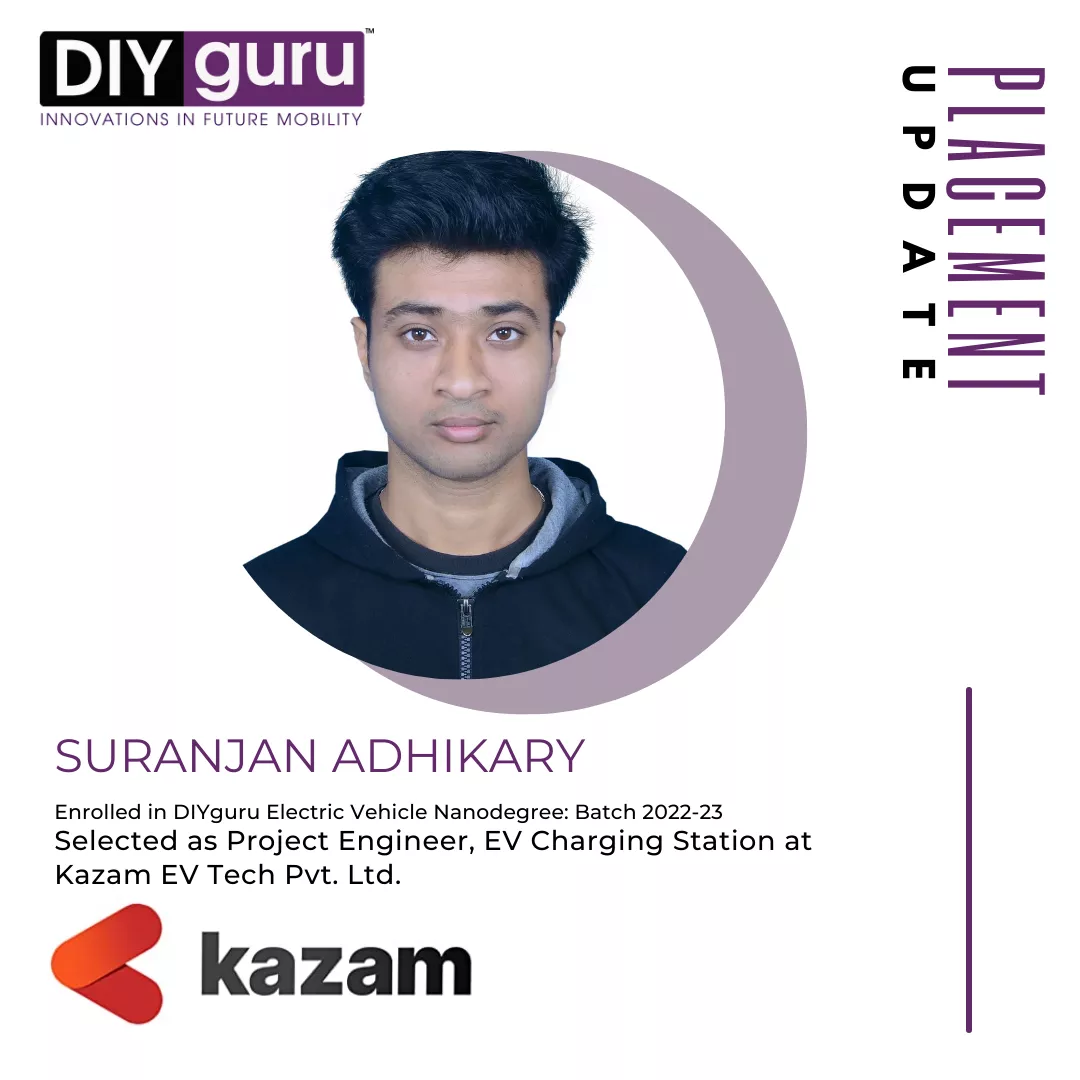
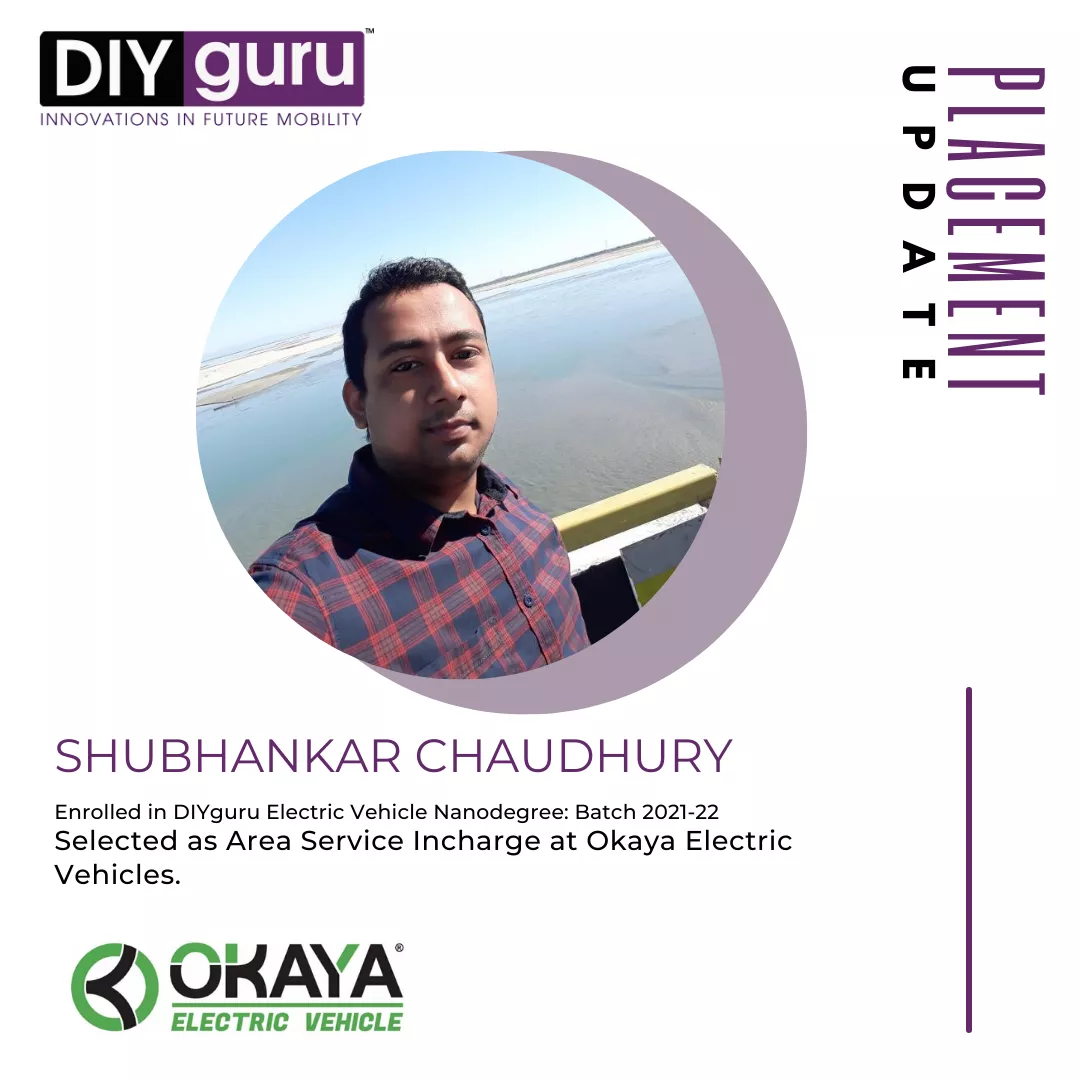
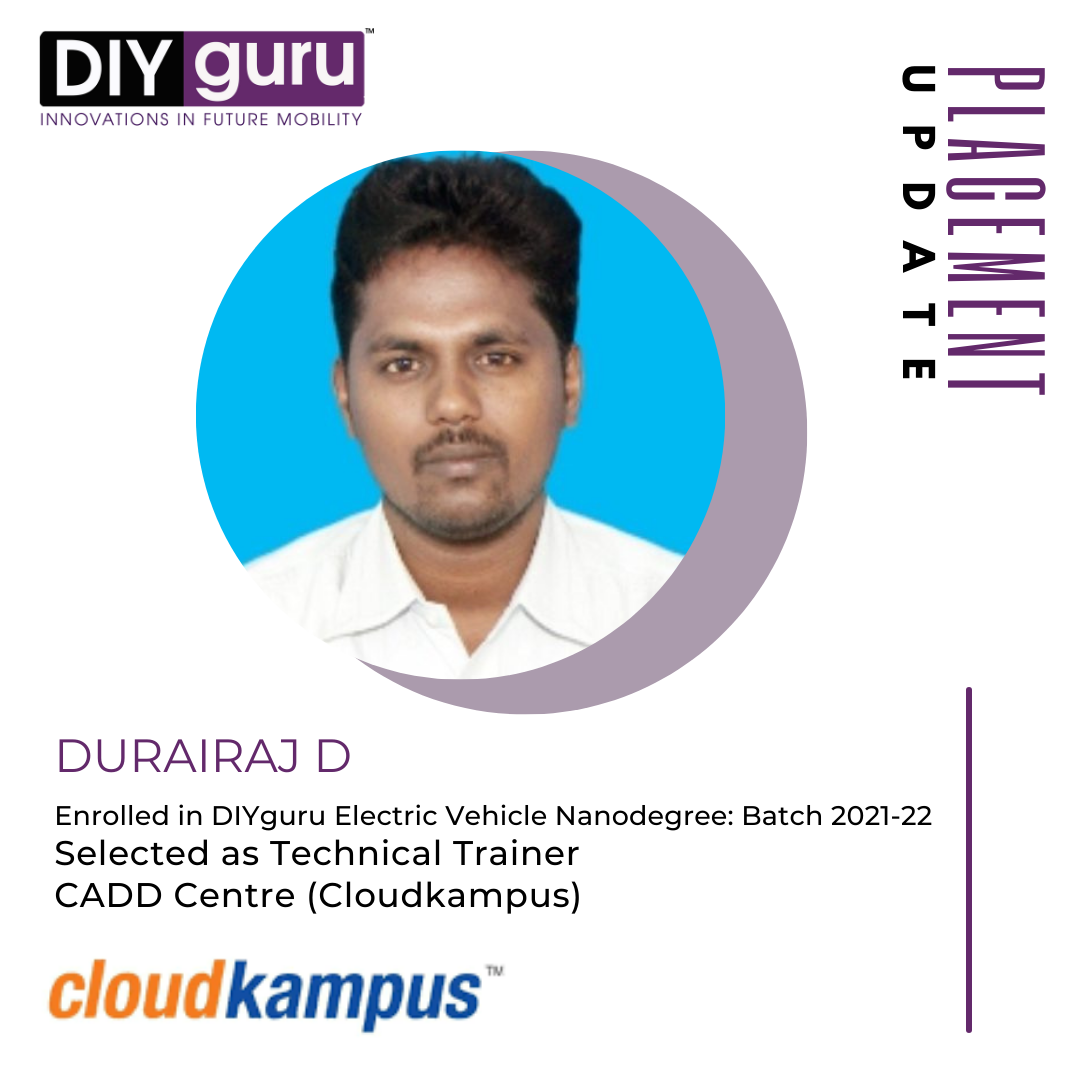
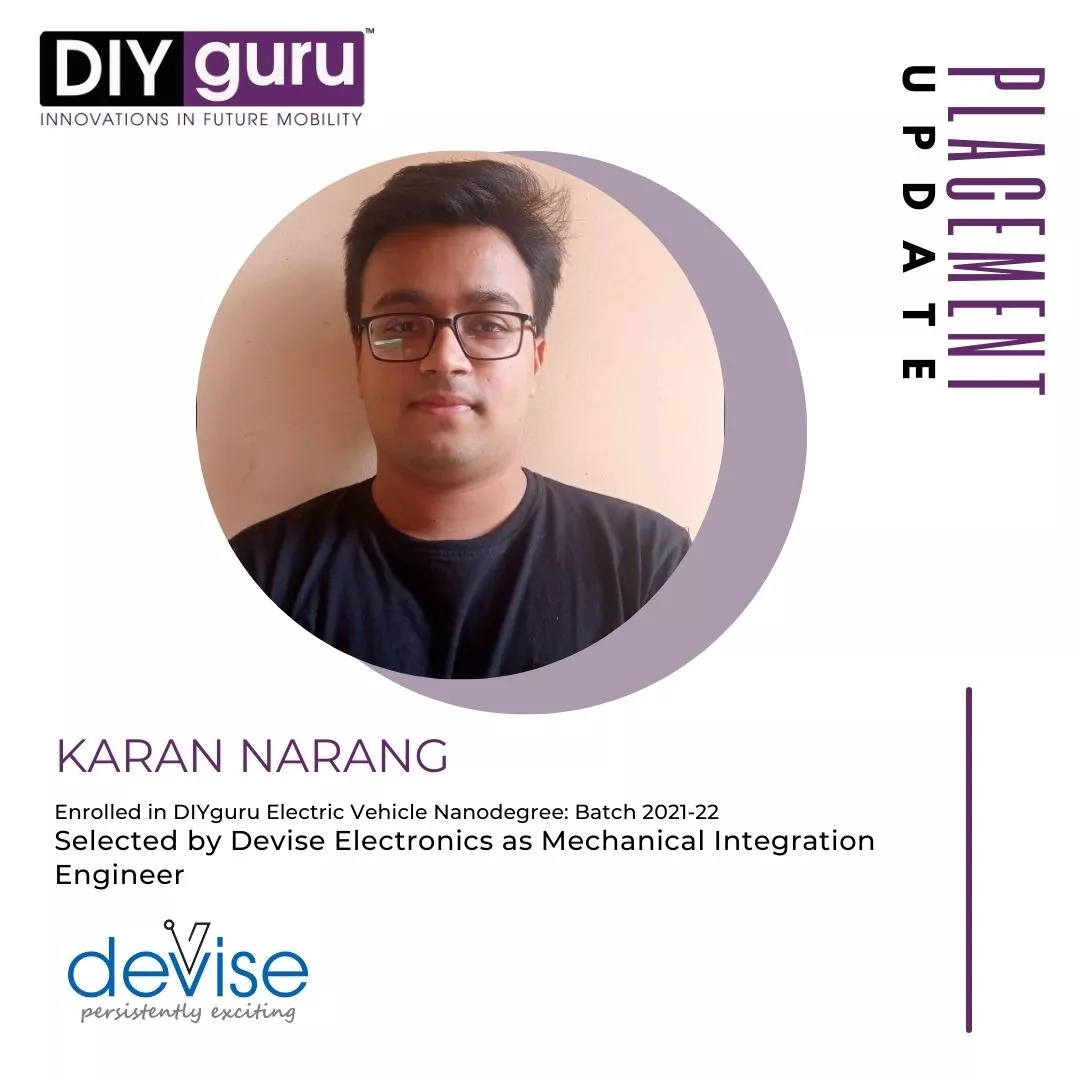
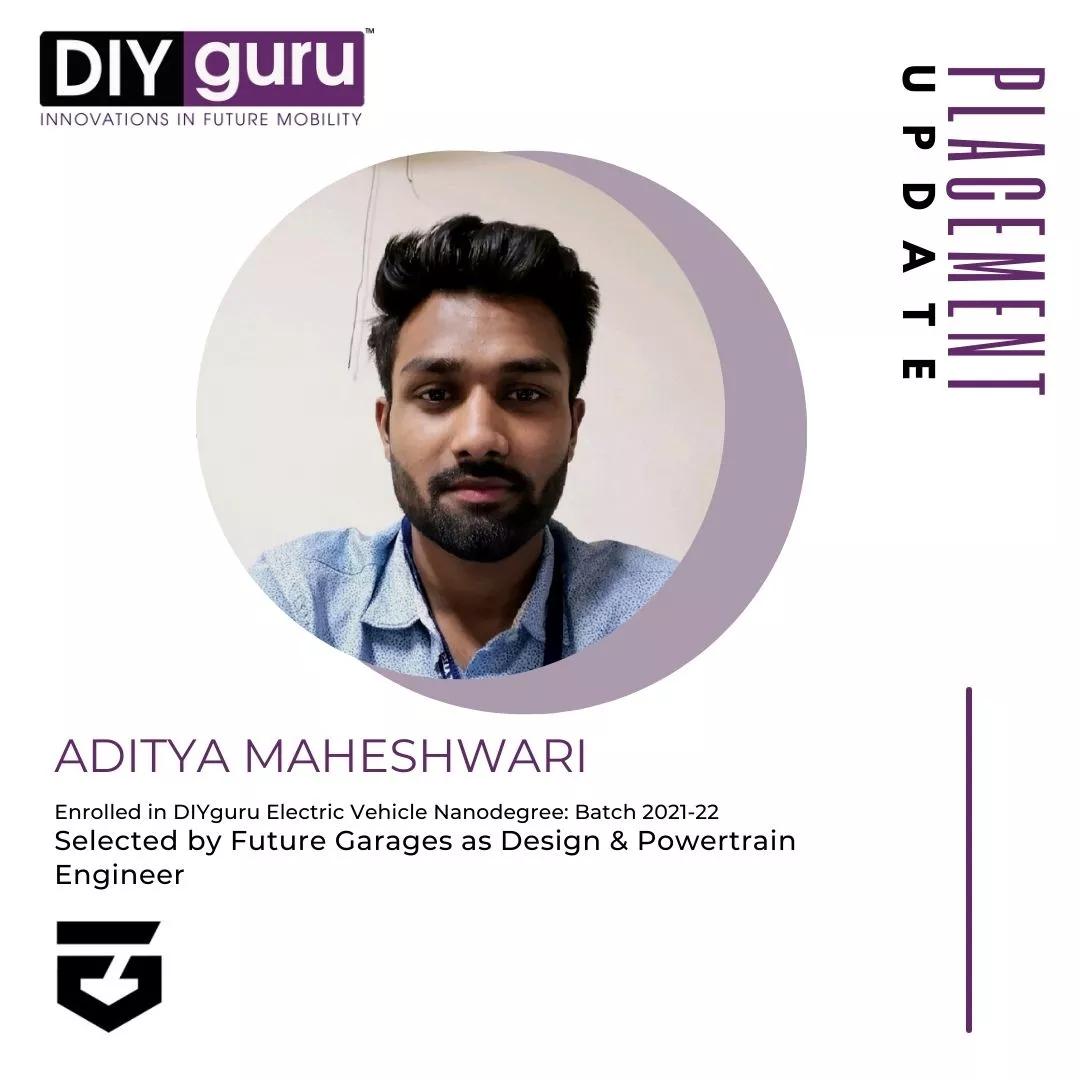


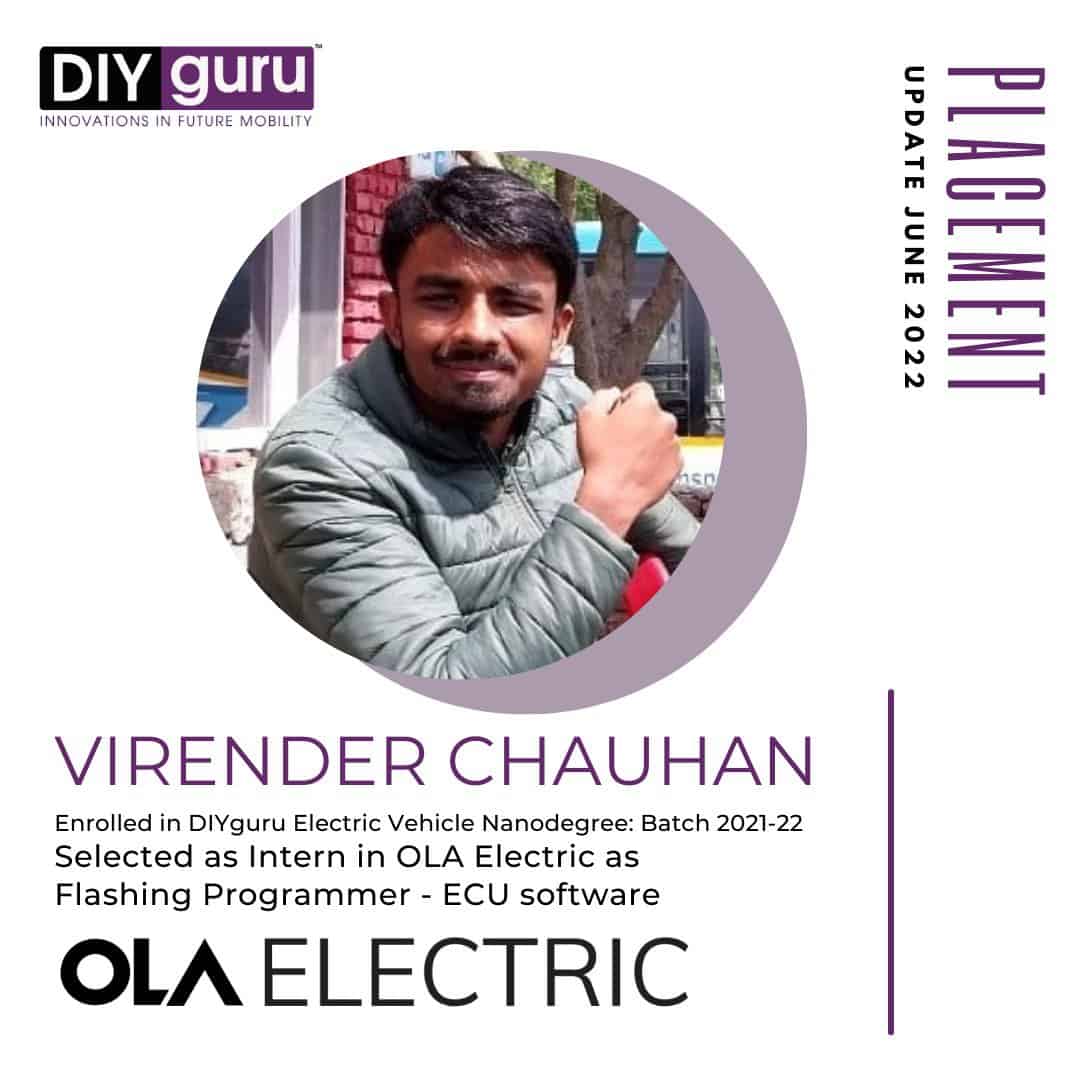
Featured In - Media Spotlight
Awards and Recognitions
Frequently Asked Questions
Specialization and Individual Courses can be done online mode only. To attend offline class you need to enroll for either Nanodegree or PG Diploma program.
DIYguru centers are located in Delhi, Pune, Bangalore, Nepal, Bangladesh, Malaysia and Germany. To see the address, check Contact section of website.
Yes, all the individual courses, Nanodegree Programs, Specialization Programs and PG Programs are govt. approved.
NEAT (National Education Alliance for Technology) - AICTE, Ministry of Education, Govt. of India & ASDC, Automotive Skills Development Council.
Min. 12th pass can undergo this course. Students and Working Professionals with ITI, Diploma, BE / B.Tech or equivalent in domains such as Automotive, Mechanical, Electrical, Electronics can pursue this course.
Three Month, however in case you are unable to finish the course in three month, you can request for an extension here - Contact.
Two minor Project + One Major Project (Mandatory)
No. For Practical Hands on Training, you need to enroll for either Nanodegree or PG Diploma Program.
Yes, DIY KITs are available for this course, To avail it simply click on enroll button and it will shop you the option of purchasing course specific DIY KIT.
Admission fee for this course is 20000 INR / 250 USD
During checkout, you will get the option of paying in EMI
You will be given 6 month access to this course, to get lifetime access, you need to pay 10,000 INR / 120 USD.
Admission process for individual courses is direct online, there is no requirement of any screening test. However for Nanodegree and PG programs, you need to appear for test before taking admission.
You can avail project based internship for this course upon successfull completion.
Stepwise procedure for the course enrollment with a 4-week internship project
- Step 1: Apply for the internship-based learning-based course and fill the application form.
- Step 2: Pay the necessary fee to enroll in the program.
- Step 3: The technical team of DIYuru will check your entered data, and will share the confirmation of acceptance as you will be shortlisted in the next 24 hours.
- Step 4: Once you are enrolled in the course, start working on the course videos, and given assignments, and complete the course at your own learning pace! With this, you shall receive the ‘course completion’ certificate.
Project-based Internship process
- Step 5: If you have applied for the ‘internship-based learning’, then the team DIYguru Support shall connect with you to share the date of the ‘live course certification examination!’. This examination will enable you to understand your current expertise and will allow us to define the best possible project for you! Students will get a minimum of 4 weeks for the examination preparation.
- Step 6: Once you clear the examination, the DIYguru technical mentors will contact you to enroll you in the ‘live project’. Since students will work on a live project, students will get enough time to prepare themselves before the internship project begins.
- Step 7:
Since it is an ‘internship’ based project, the students will be encouraged to work through the assigned project in teams and will be allowed to achieve the results on their own, with mentorship support from DIYguru! Allowing you to gain the actual skills as an ‘intern’! Enrolled students will get a minimum of 4-6 weeks to work and submit their project reports.
- DIYguru shall also allow you to work in groups or as an individual. However, at the end of the internship, each student shall submit a project report with all the results achieved, for evaluation by the DIYguru technical team.
- Every candidate after successful completion of the internship project shall also submit a pitch presentation video, explaining his/her project-oriented achievements and results, so that the participants can work on their communication and presentational skills simultaneously. With this, you shall receive the ‘Project-based internship’ certificate (along with evaluation score), and an ‘achievement badge’ to validate that you have successfully cleared the ‘certification examination’ (shareable on LinkedIn and other platforms).
The internship after the completion of course is unpaid.
Placement assistance in terms of access to the Job portal will be provided, and you will be added to the weekly job update newsletter section to receive opportunities available in our partner companies.
Still have questions? Get in touch
Related Blogs
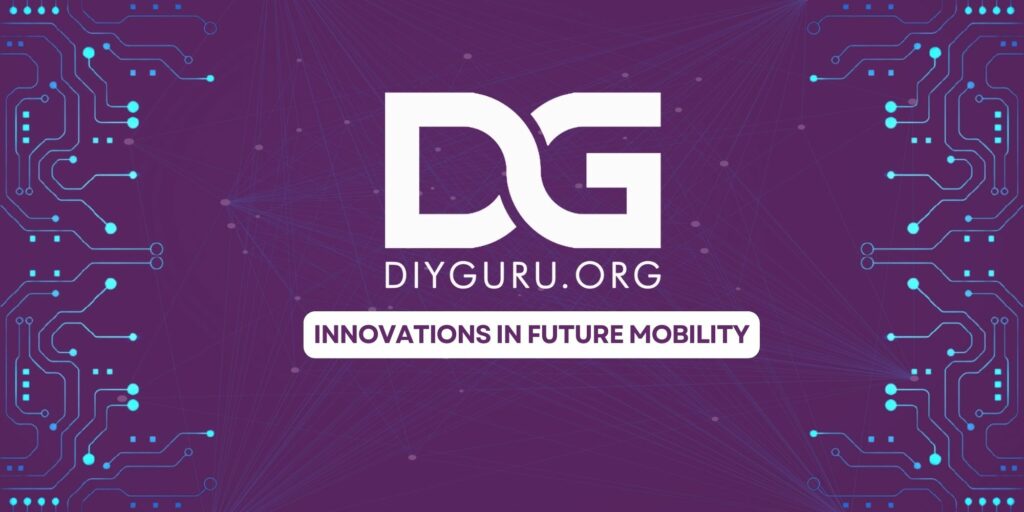
DIYguru Enhances EV Education with Upgraded PG Certification Programme
DIYguru announces the upgrade of its EV Nanodegree to a Post Graduate Certification Programme, offering existing Nanodegree students an enhanced curriculum and Post Graduate certification at no extra cost. Enrollment is open now.

Top 10 Beautiful Electric Vehicle Scooters for Girls in India 2024

Revolutionizing Sustainable Future: DIYguru’s Visionary 77th Independence Day Speech on E-Mobility
Get in touch to learn more about how you can make the best of your talent
Spend less time worrying about job availability, and more time growing your knowledge. Join DIYguru Program today.
If you’re a current student, please get in touch through the DIYguru dashboard to ask about more details of this Program.
Please note, eligibility for this course is reserved to students who have done related projects and have relevant profiles matching with the pre-requisite of this course.
The DIYguru team hold the right to cancel your admisssion into the program without any explanation via email if found unsuitable and unfit.
Our 7-day money-back guarantee starts from the moment of signup and runs through the free week. Cancellations between days 7 and 30 will get a prorated refund.
Fees for the program is charged only when the admission is approved.


